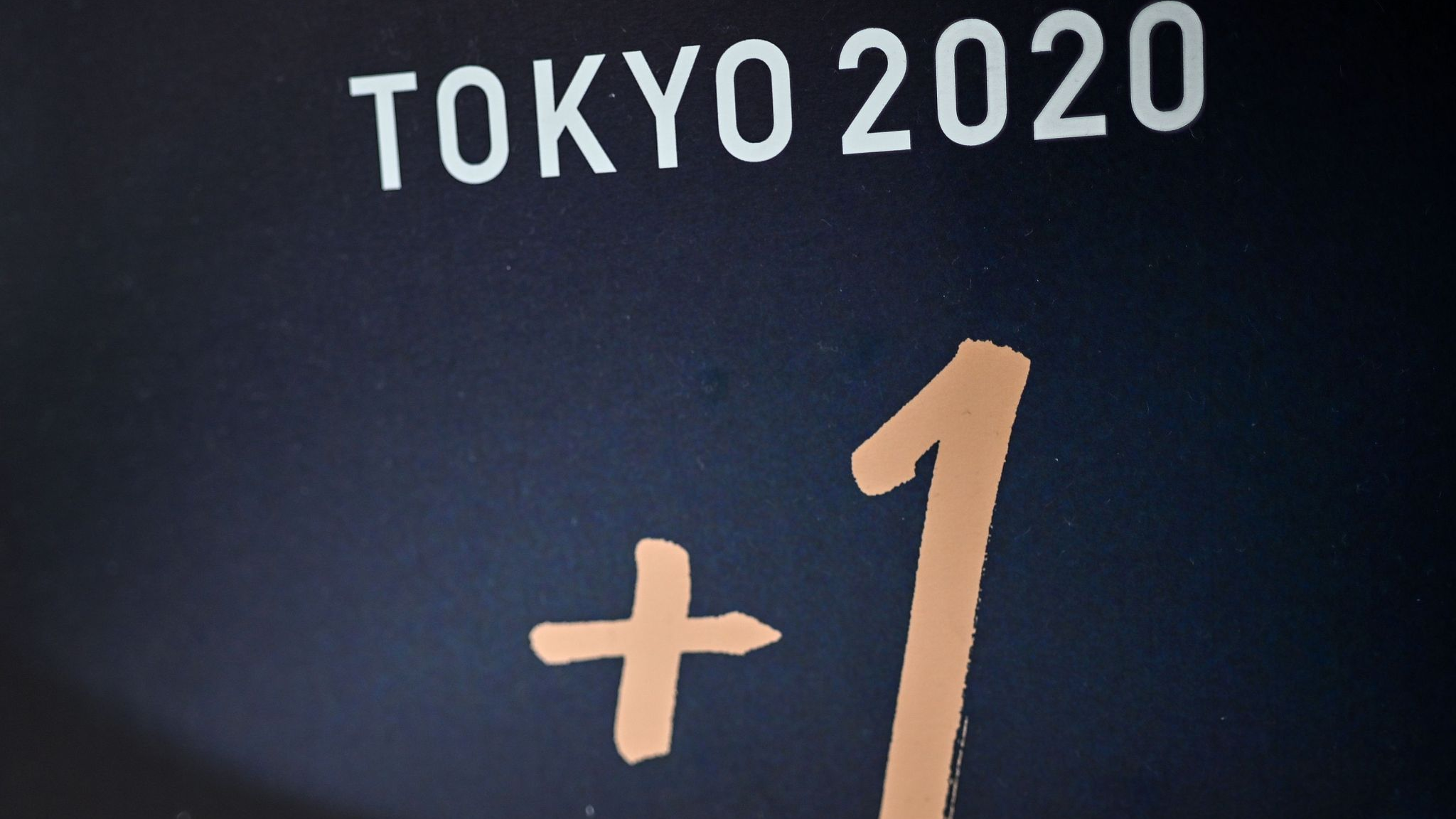
The Tokyo Olympics is postponed by one year because of the COVID-19 pandemic. /CFP
The Tokyo Olympics is postponed by one year because of the COVID-19 pandemic. /CFP
The Tokyo Olympics, though postponed by a year because of the COVID-19 pandemic, will happen in the Japanese capital in July and August, 2021, or at least that's what the organizing committee has been promising in the past several months.
The coronavirus made things very difficult for Tokyo 2020, especially in public safety. Now, assume you are an athlete who is attending the Olympics in eight months. The following is a list of must-dos for you and it's quite a long one.
Before you leave for Japan, you need to prepare your health records for the previous 14 days and bring them along. You must test negative for COVID-19 and the test must be done within 72 hours before your departure. If you cannot achieve that in the country or region you are from, the organizing committee will make other arrangements for you.
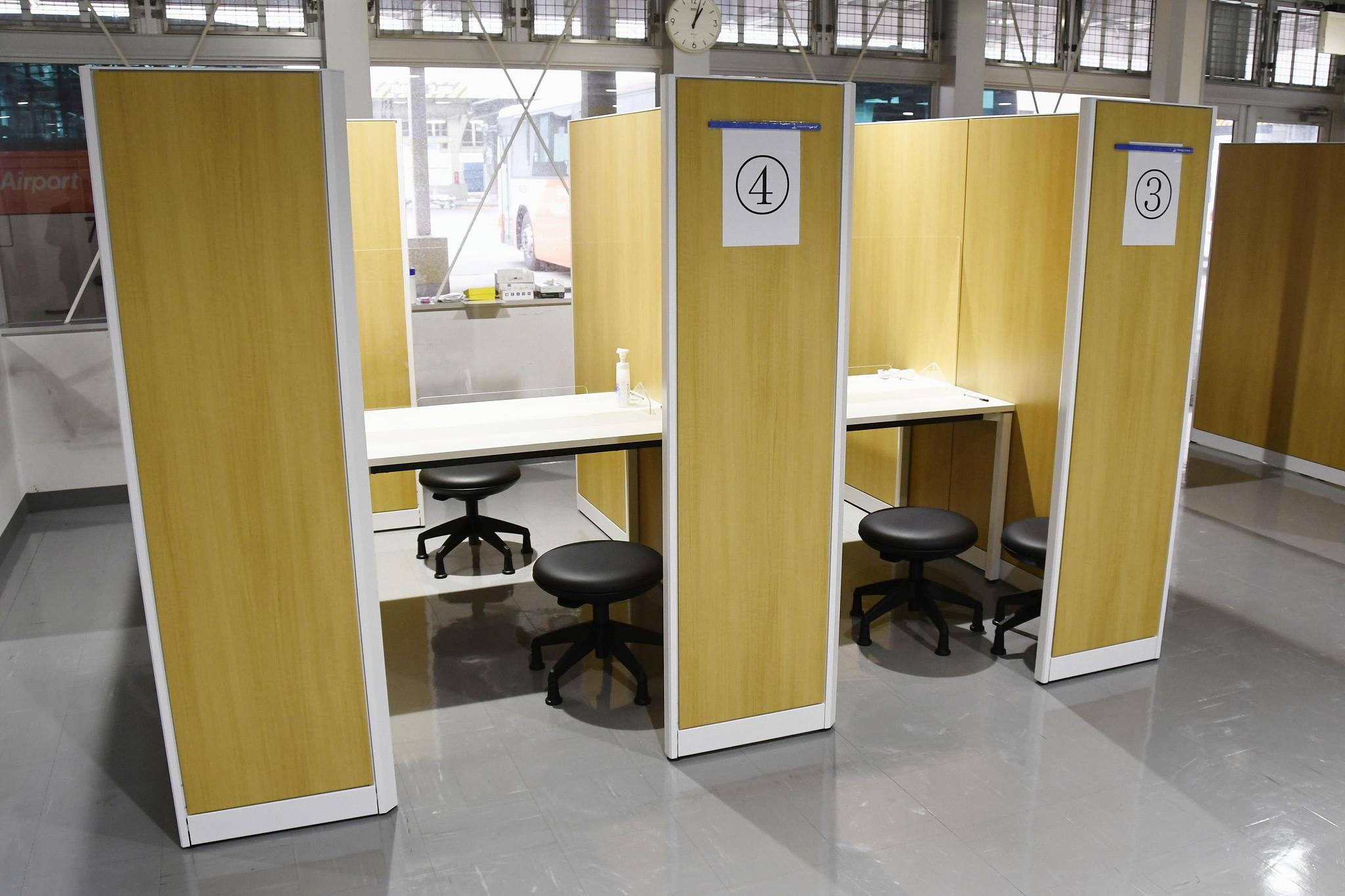
A coronavirus testing center opens at Narita airport near Tokyo, Japan. /CFP 2020
A coronavirus testing center opens at Narita airport near Tokyo, Japan. /CFP 2020
When you arrive at the airport in Japan, you need to do a nucleic acid test. Before the result is out, you must stay in a designated area. The test can be avoided if you are from one of the countries or regions that signed an agreement with Japan allowing commercial visits.
You have to take a designated bus to the Olympic Village. If you don't take the test at the airport, you must do it before you enter the village. Japanese athletes are no exceptions. If you take the test at the airport, you will need to do it again after several days in the Olympic Village. In fact, an athlete must do a nucleic acid test every four or five days in the village.
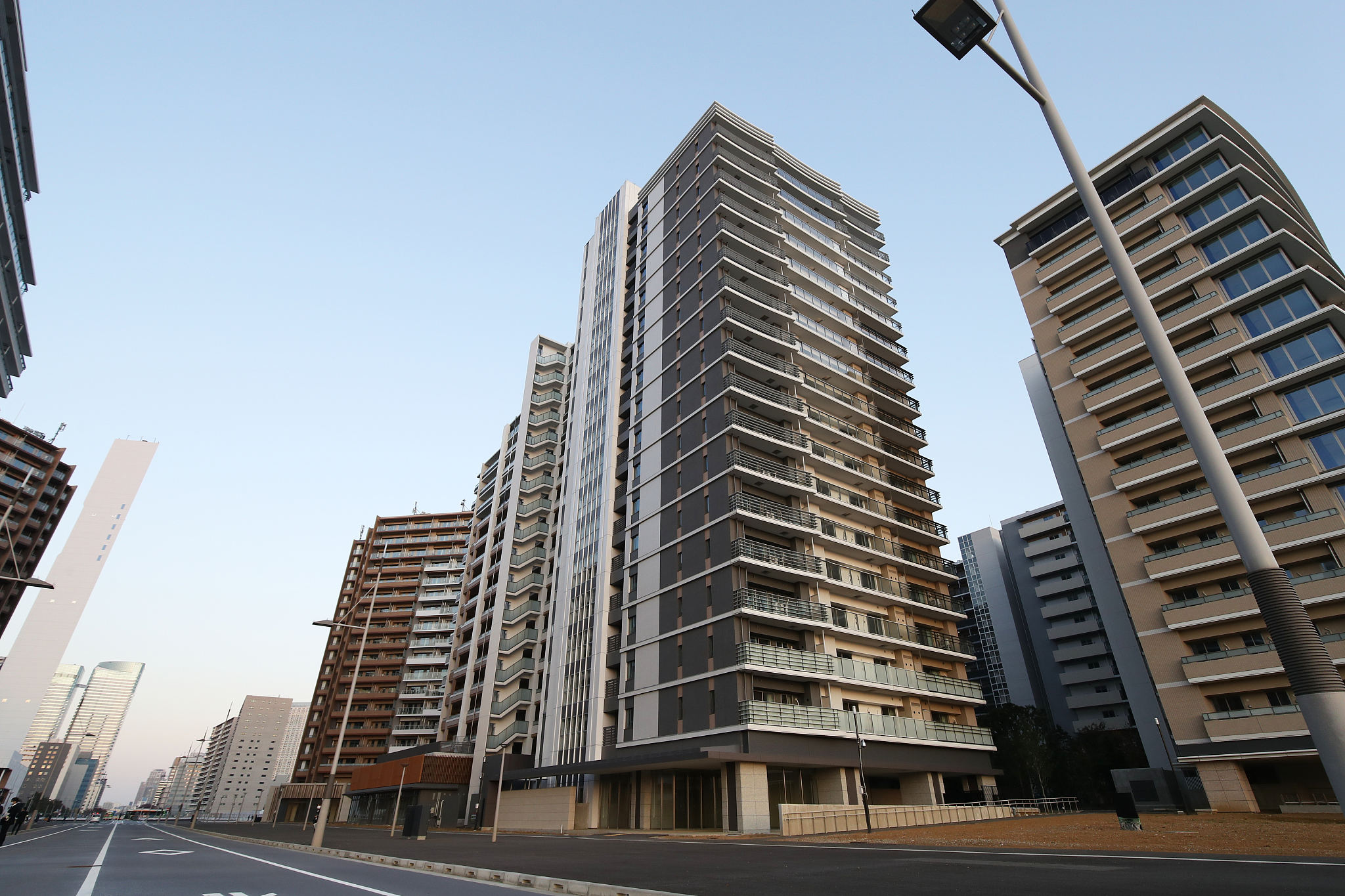
The Olympic Village in Tokyo. /CFP
The Olympic Village in Tokyo. /CFP
You must keep a record of your physical condition on daily basis in the Olympic Village. An app will be installed on your phone to track your whereabouts in case anyone is infected with the coronavirus, people will know whether you have contact with him or not. If you need to leave the Olympic Village, a notice is needed in advance and must contain your destination as well as your transport. Meanwhile, you need to submit a written pledge, promising that you will follow prevention and action protocols. Usually no public transport is allowed except for special occasions – for example, you need to leave for Sapporo to participate in the marathon contest. You can prepare your own vehicle but that may lead to even stricter prevention and action protocol. The organizing committee is still working on the specific policies.
Once you are in Japan, you must stay at least two meters away from non-athletes. If you need to have contact with other athletes, the theoretical social distance is two meters. If that cannot happen, one meter of distance is required at least. Theoretically, one must be wearing the mask all the time unless he's dining or competing. You can take your mask off if you are in the open air and at least two meters away from others. The organizing committee will prepare hand sanitizer in certain areas.
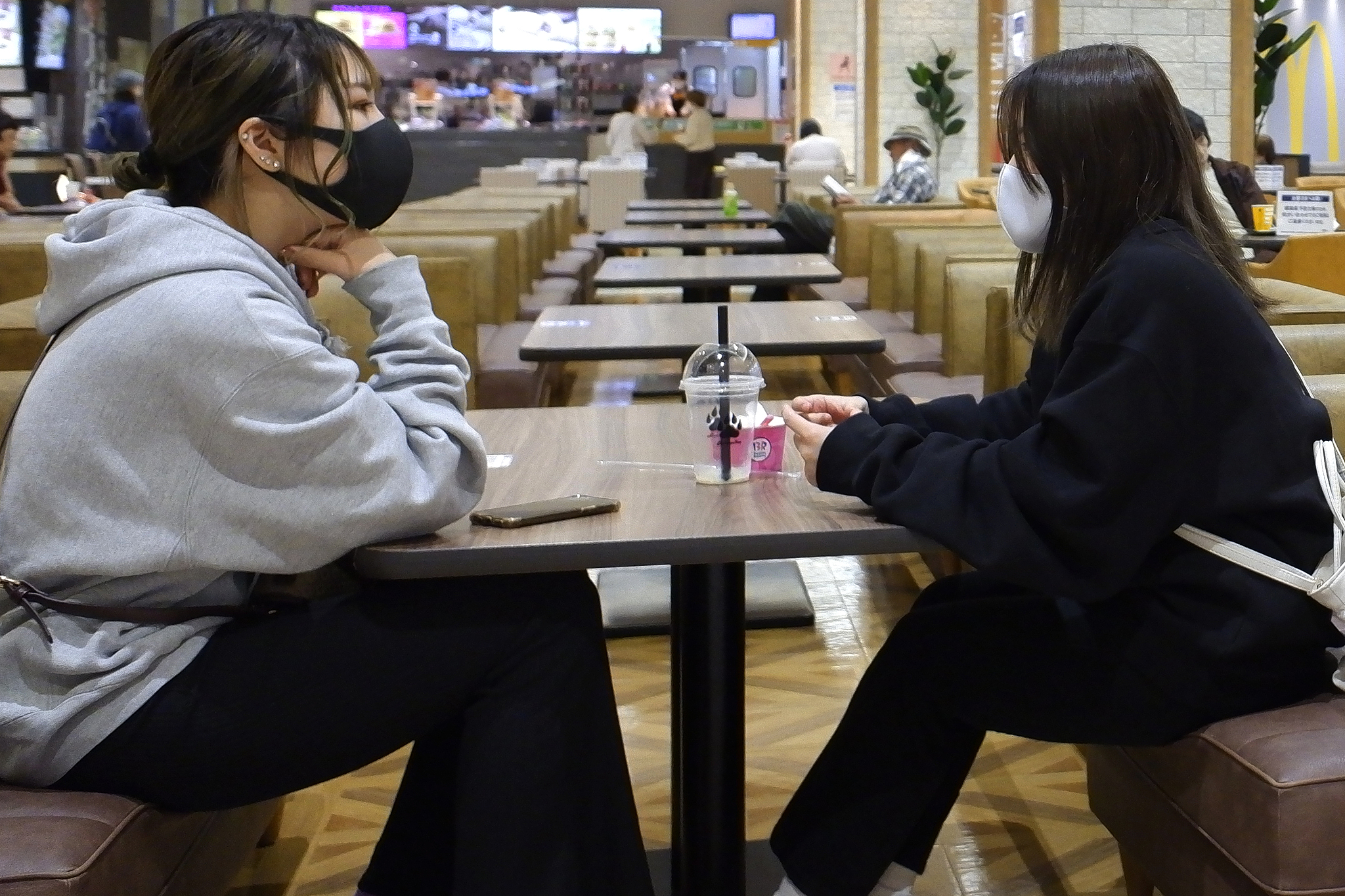
Two women wearing masks in a cafe in Tokyo. /CFP
Two women wearing masks in a cafe in Tokyo. /CFP
Dining will happen at appointed time only and no chatting is allowed, either during or after the meal.
Your temperature will be tested before your game begins but you need to leave enough time for it because the line will be very long due to social distancing measures. At the press conference, before you use the microphone used by others already, you need to have it sterilized.
You can choose not to live in the Olympic Village but there are other protocols as well. The organizing committee is still working on details.
If you have a fever, there is both outpatient fever clinic and nucleic acid test lab in the Village. There are also designated hospitals for Olympic athletes in Tokyo. The organizing committee will provide independent residence for athletes with slight symptoms.
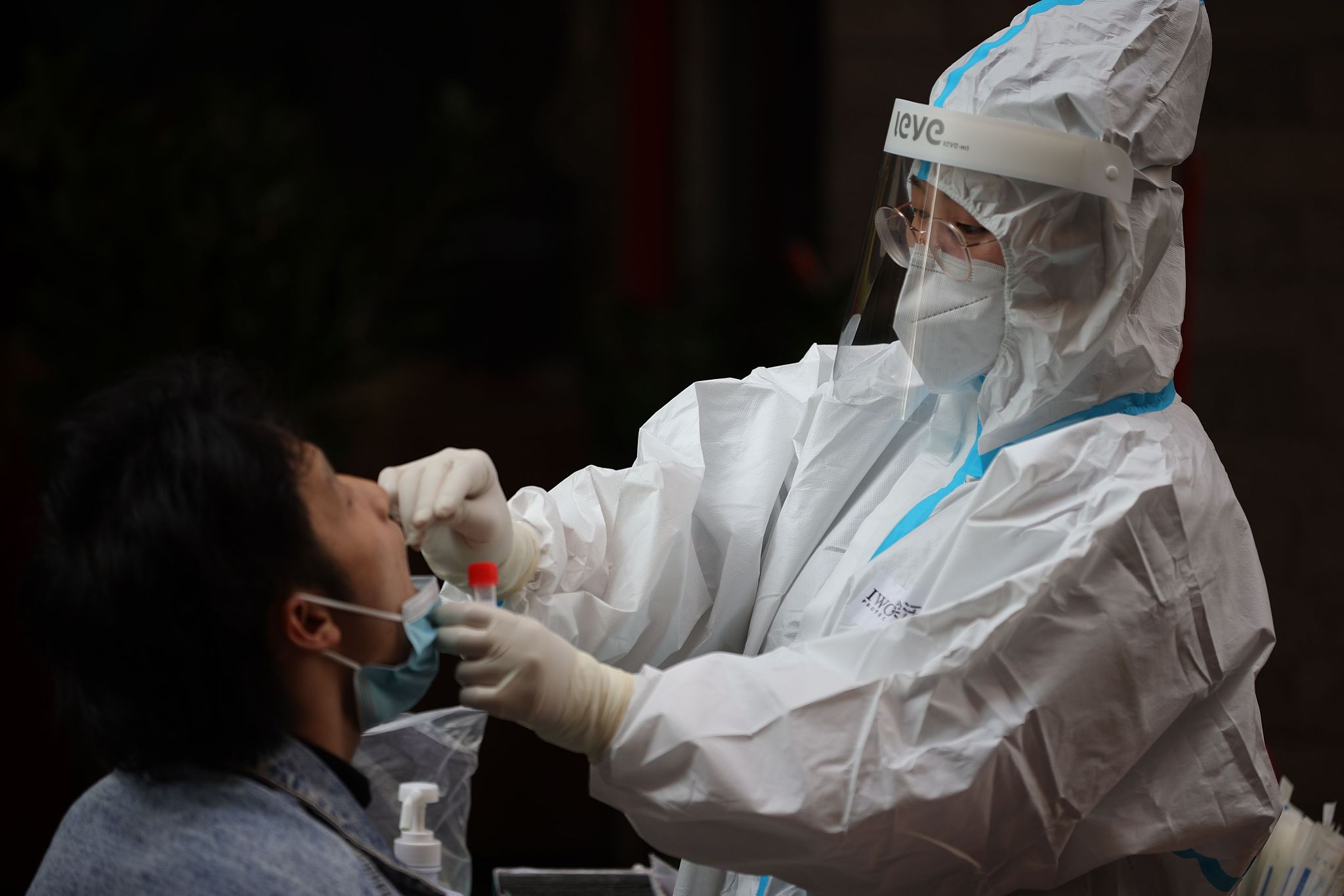
A medical staff collects sample for nucleic acid test. /CFP
A medical staff collects sample for nucleic acid test. /CFP
If you test positive for the coronavirus, a second test will take place soon. If the result is positive again, even if you show no symptom at all, you won't be able to attend any competition. You must receive treatment until you test negative again. If someone around you tests positive and you are about to attend the contest, a test will be arranged for you immediately. As long as you test negative, you can still compete.
The organizing committee does not want you to stay in Tokyo for too long. Therefore, you should neither arrive too early nor stay behind for too long once you are done.
None of the above is actually law despite Tokyo Olympics CEO Toshiro Muto warning of punishment for those who do not follow them. However, for your own safety and the interest of everyone else, you should abide by them.

